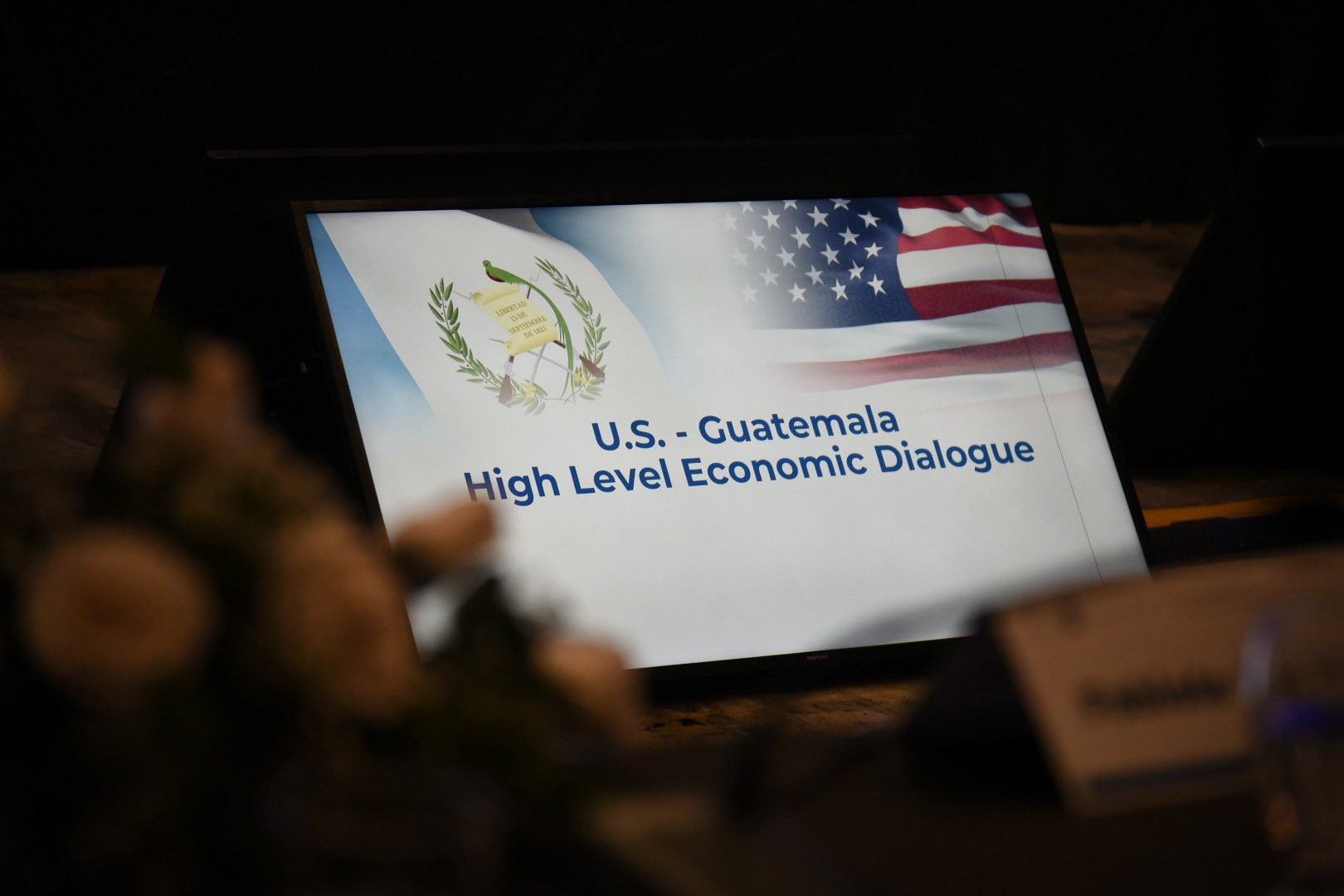The United States and IICA will collaborate with Guatemalan stakeholders to develop a VACS strategy that builds a more resilient food system through a focus on diverse, climate-adapted crops and healthy, fertile soils.

Washington, March 19, 2024 (U.S. Department of State, Office of the Spokesperson – IICA) At the American Chamber of Commerce on the margins of the High-Level Economic Dialogue held in Guatemala, the United States announced new collaborations that will expand the Vision for Adapted Crops and Soils (VACS) to the Western Hemisphere, first in Guatemala.
In remarks that highlighted governments, private sector, civil society, and communities working together to address food insecurity in Central America; Under Secretary for Economic Growth, Energy, and the Environment Jose Fernandez welcomed a new partnership with the Inter-American Institute for Cooperation on Agriculture (IICA).
IICA and the United States have over 80-years of strengthening national agrifood systems, preventing and eradicating diseases, and addressing climate affects across the Western Hemisphere.
Launched in February 2023 to address food insecurity initially in Africa, VACS has grown into a global movement. VACS has generated global interest and public commitment from donor countries and private sector contributors and within the G7 through Italy’s leadership. VACS has been embraced by the private sector and NGOs – recognized through the VACS Champions program. VACS is part of the U.S. government’s signature global hunger initiative Feed the Future.
In separate comments, Under Secretary Fernandez also lauded a new partnership in support of VACS between Cargill, a U.S.-based global food corporation, and CGIAR, a global consortium of international agricultural research centers working across 80 countries.

This new VACS partnership will integrate nutrient-dense, biofortified and indigenous crops into home-grown school feeding programs, leading to more than 200,000 sustainable, nutritious school meals for Guatemalan children.
Press release from the US Department of States: https://www.state.gov/vision-for-adapted-crops-and-soils-expansion-in-guatemala-during-high-level-economic-dialogue/
More information:
Institutional Communication Division.
comunicacion.institucional@iica.int











